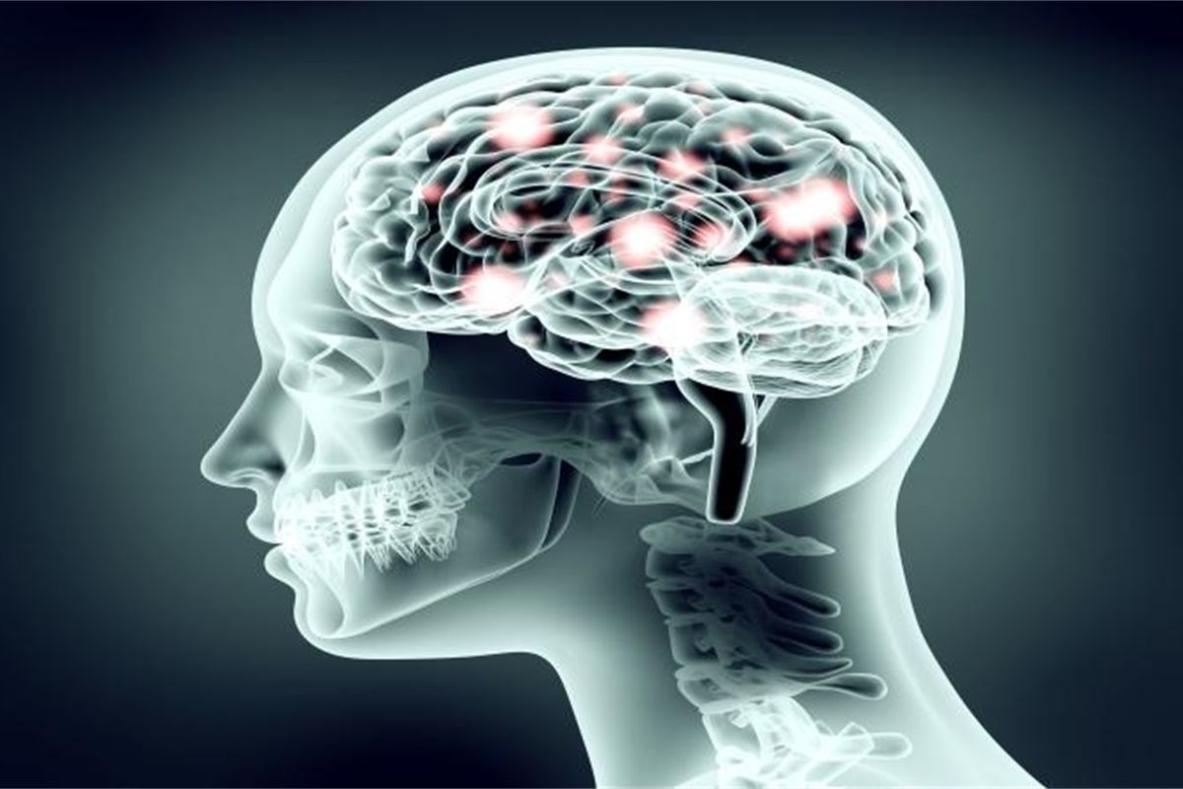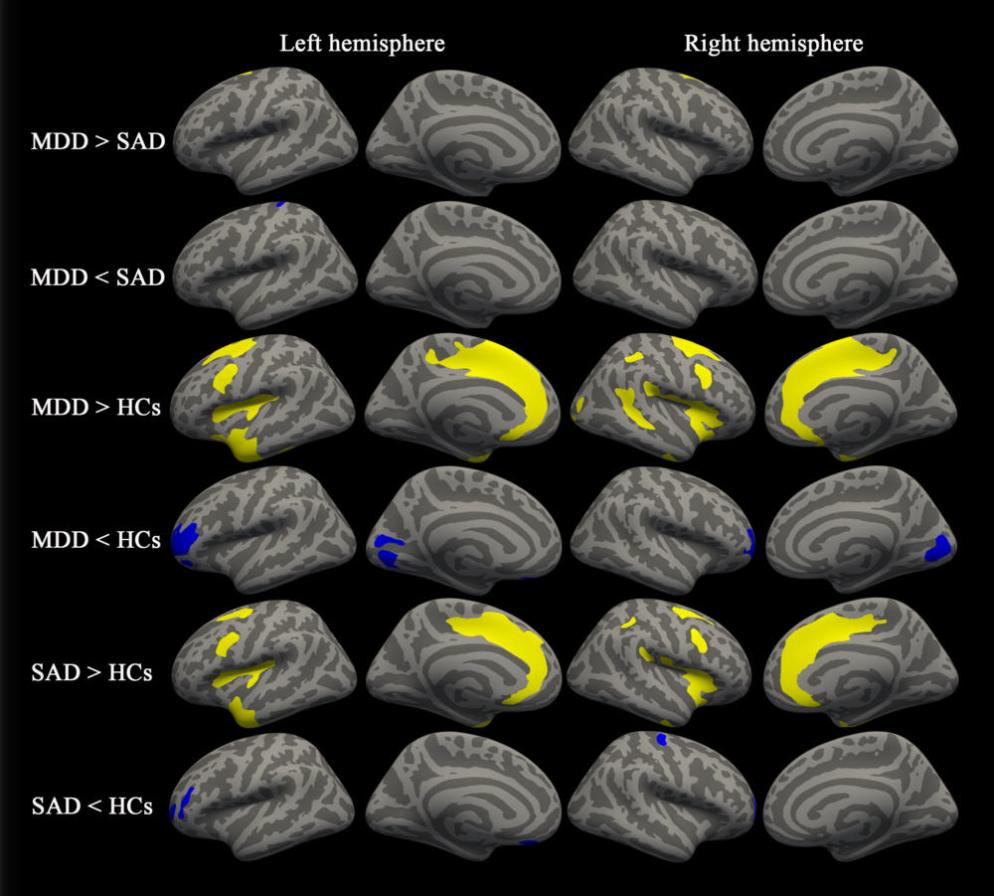How Do Brain Disorders Affect Behavior?
Brain disorders are a group of conditions that affect the structure or function of the brain, leading to a wide range of behavioral changes. These disorders can be caused by genetic factors, environmental factors, or a combination of both. Brain disorders are prevalent in society, affecting millions of people worldwide, and can have a significant impact on an individual's quality of life.

Thesis Statement:
Brain disorders affect behavior by disrupting the normal functioning of the brain, including neurotransmitter imbalances, structural changes, altered functional connectivity, and impaired neuroplasticity.
Neurological Basis Of Behavior
Brain Structure And Function:
- The brain is composed of neurons, synapses, and neural pathways that communicate with each other to control various bodily functions and behaviors.
- Different brain regions have specific roles in behavior, such as the frontal lobe for decision-making and the amygdala for emotional processing.
Neurotransmitters:
- Neurotransmitters are chemical messengers that transmit signals between neurons.
- Dysregulation of neurotransmitters, such as dopamine, serotonin, and glutamate, is associated with various brain disorders and behavioral changes.
Common Brain Disorders And Their Behavioral Effects
Alzheimer's Disease:
- Alzheimer's disease is a progressive neurodegenerative disorder that affects memory, cognitive function, and behavior.
- Behavioral symptoms include memory loss, difficulty with language, impaired judgment, and changes in personality.
Parkinson's Disease:
- Parkinson's disease is a neurodegenerative disorder that affects movement, balance, and coordination.
- Behavioral symptoms include tremors, rigidity, bradykinesia (slowness of movement), and depression.
Schizophrenia:
- Schizophrenia is a severe mental disorder characterized by hallucinations, delusions, disorganized speech, and social withdrawal.
- Behavioral symptoms can also include impaired attention, memory, and executive function.
Epilepsy:
- Epilepsy is a neurological disorder characterized by recurrent seizures.
- Behavioral symptoms during seizures can include loss of consciousness, convulsions, and postictal confusion.
Mechanisms By Which Brain Disorders Affect Behavior
Neurochemical Imbalances:
- Brain disorders can disrupt the balance of neurotransmitters, leading to behavioral changes.
- For example, an imbalance of dopamine is associated with schizophrenia, while an imbalance of serotonin is linked to depression.
Structural Changes:
- Brain disorders can cause structural changes, such as atrophy (shrinkage) of brain regions, lesions (damaged areas), and abnormal brain development.
- These structural changes can disrupt neural pathways and affect behavior.
Functional Connectivity:
- Brain disorders can disrupt the functional connectivity between different brain regions, affecting communication and coordination.
- Altered functional connectivity is associated with various behavioral changes, including cognitive impairment and social difficulties.
Neuroplasticity:
- Neuroplasticity is the brain's ability to adapt and reorganize in response to injury or experience.
- Brain disorders can impair neuroplasticity, limiting the brain's ability to compensate for damage and recover from injury.
Brain disorders are complex conditions that can significantly impact behavior. These disorders disrupt the normal functioning of the brain through neurochemical imbalances, structural changes, altered functional connectivity, and impaired neuroplasticity. Understanding the mechanisms by which brain disorders affect behavior is crucial for developing effective treatments and interventions to improve the lives of individuals affected by these conditions.
Further research is needed to investigate the underlying causes of brain disorders, identify potential biomarkers, and develop personalized treatment strategies. Additionally, support for individuals affected by brain disorders and their families is essential to improve their quality of life and promote their well-being.

YesNo

Leave a Reply